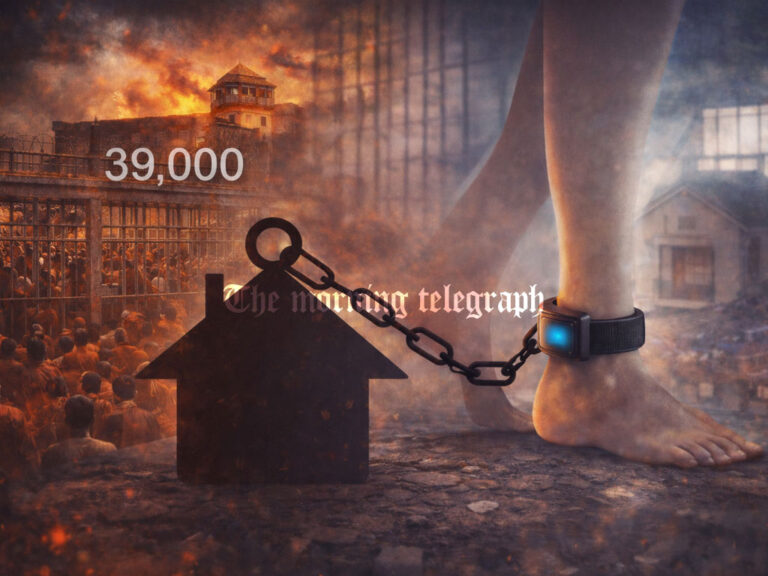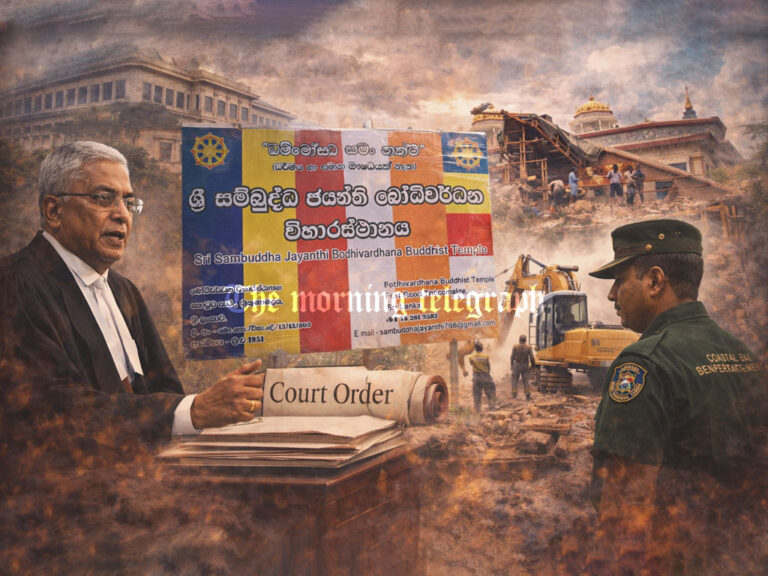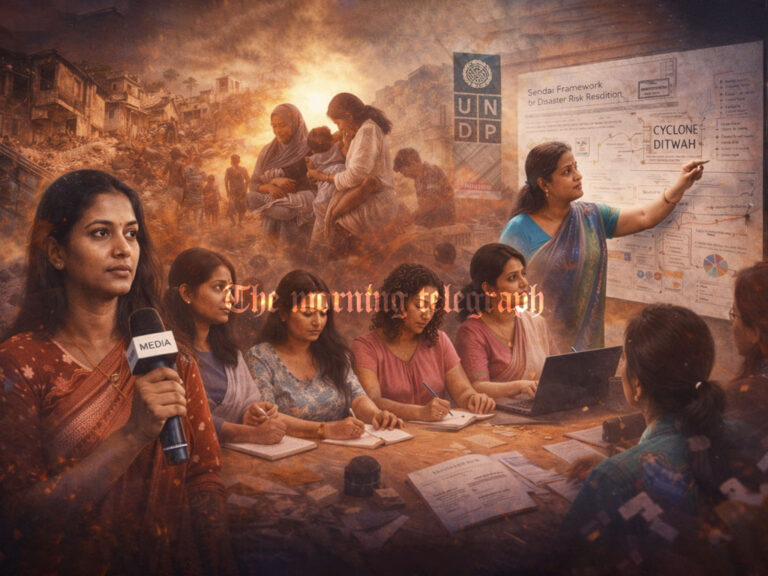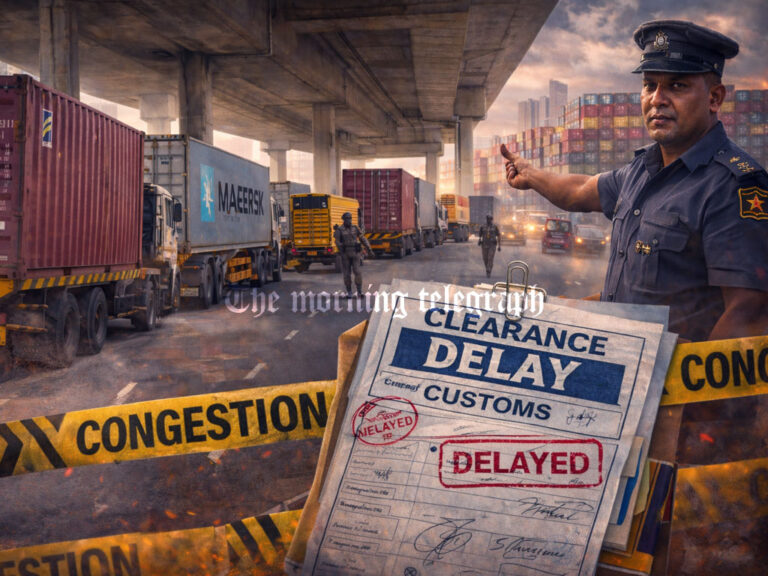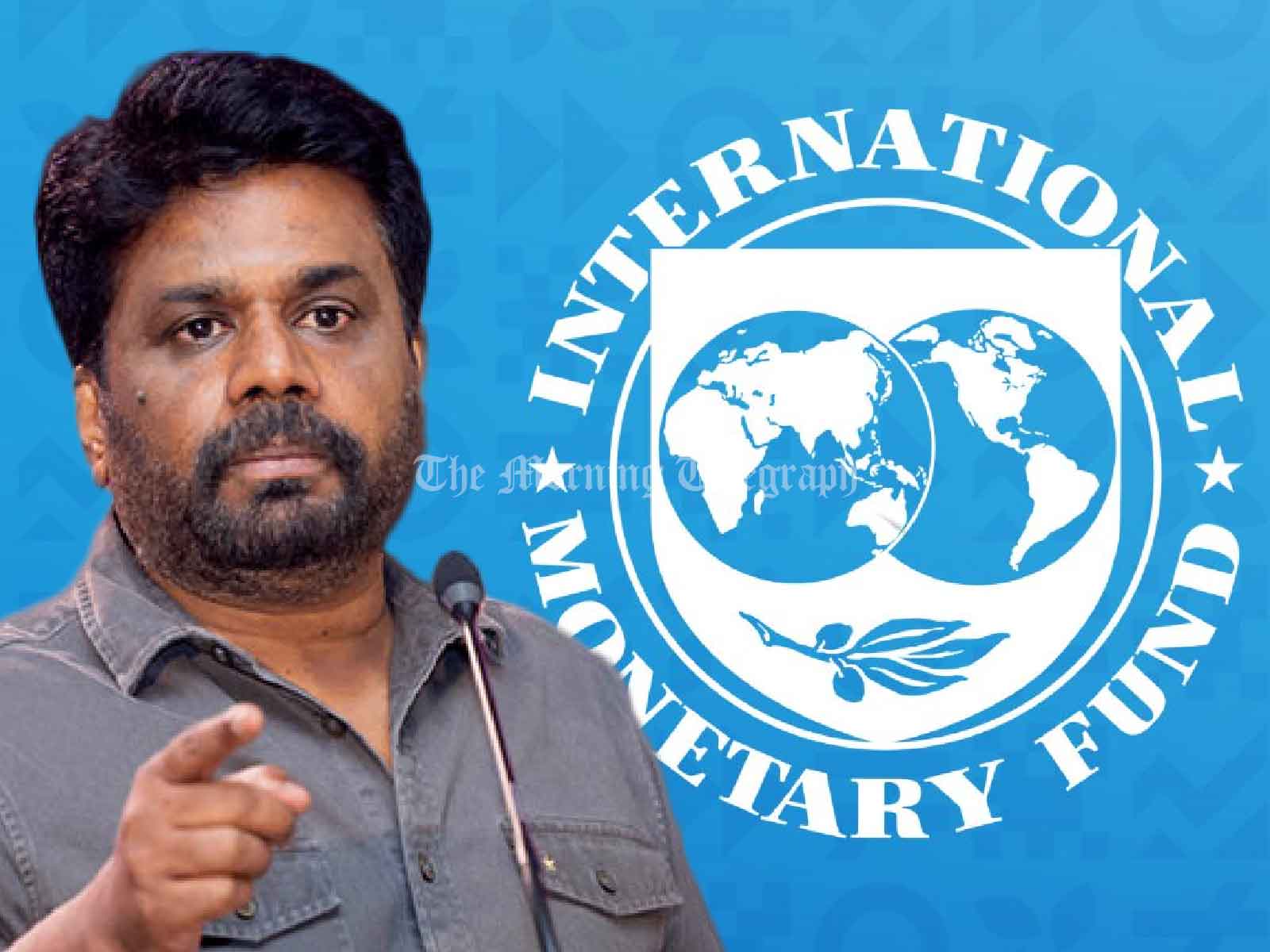
The International Monetary Fund (IMF) has expressed its anticipation of collaborating with Sri Lanka’s newly elected president, Anura Kumara Dissanayake, as he embarks on a significant political journey. The IMF stated that discussions regarding the timing for the third review of the IMF-supported program will take place as soon as practicable. In a statement, the IMF emphasized the importance of working together to build upon the progress made since Sri Lanka’s economic crisis in 2022, which marked one of the country’s most severe financial downturns.
Key Challenges Ahead
As President Dissanayake assumes office, he faces a multitude of challenges that will test his administration’s resolve and capabilities. Analysts have identified seven critical areas that the new president must address to ensure economic stability and political coherence.
1. Economic Stability
The foremost challenge for President Dissanayake is to establish a stable and resilient economy. Dr. Athulasiri Samarakoon, a Senior Lecturer in Political Science and International Studies at the Open University of Sri Lanka, emphasized the necessity of managing public expenditure while enhancing revenue generation. He stated, “The most serious challenge is how to restore this economy.” This challenge includes effectively navigating the conditions set by the IMF and ensuring the country does not slip back into financial turmoil.
2. Exemption from Bankruptcy
Professor Aminda Metsila Perera from Northwestern University pointed out that raising Sri Lanka’s international financial standing is vital for avoiding future bankruptcy. He remarked, “No matter what decisions are made, Sri Lanka should be brought up in the rankings we have internationally.” The new administration must prioritize interventions aimed at improving the country’s creditworthiness.
3. Advancing the IMF Program
Engagement with the IMF is non-negotiable for Sri Lanka, as the current program runs until 2027. Professor Perera highlighted that the government must navigate criticisms while adhering to the IMF’s terms of agreement. This includes addressing various economic reforms stipulated by the IMF to stabilize the country’s finances.
4. Increasing Government Revenue
Currently, about 11% of Sri Lanka’s GDP comes from tax revenue, which needs to increase significantly. Professor Perera pointed out the necessity of expanding the tax base. “Increasing income does not mean taxing existing people,” he said, emphasizing that a broader tax base is essential for meeting the IMF’s conditions. With a substantial portion of potential tax revenue currently uncollected, the new administration will need to implement effective strategies for revenue generation.
5. Reducing the Cost of Living
The high cost of living is placing immense pressure on the population, necessitating immediate action from the government. Professor Perera noted that the prices of goods have surged significantly since 2019, leading to public discontent. “After 2019, the price of our goods has increased by about 90%. What is the remedy for that?” he questioned, highlighting the urgent need for policies to alleviate financial burdens on citizens.
6. Political Stability
Political uncertainty poses a substantial challenge to economic recovery. Professor Nirmal Ranjith Devasiri noted that while economic issues are pressing, the establishment of political stability is essential for effective governance. The political landscape has shifted significantly, especially following the public uprising in 2022, leading to a diminished influence of traditional parties. The new administration must navigate this complex political environment to achieve stability.
7. Social Discontent
Widespread dissatisfaction among the populace due to previous government policies is another pressing concern. Dr. Samarakoon pointed out that the policies implemented by former President Ranil Wickramasinghe have led to significant public unrest. “Dissatisfaction in society is a big problem now,” he said, emphasizing the need for the new administration to address socioeconomic injustices and rising poverty levels.
Foreign Policy Considerations
The new president must also carefully navigate foreign relations, particularly with global powers such as India, China, and the United States. Dr. Samarakoon highlighted the need for a balanced approach, stating that President Dissanayake must decide how to engage with these nations effectively. Maintaining favorable relations with India while managing ties with China and the United States will be crucial for economic and political development.
Education Reform
Educational transformation is deemed essential under President Dissanayake’s administration. Professor Nalin de Abeysekara argued for a complete overhaul of the existing education system to foster entrepreneurship. He stated, “Our country’s education system is not creative,” indicating that the focus should shift from rote memorization to cultivating innovative thinking. A new educational framework that encourages entrepreneurship will be vital for Sri Lanka’s economic recovery.
International Entrepreneurship
Professor Abeysekara noted that traditional export commodities alone cannot revive the economy. He suggested that sectors like cinema, gaming, and music should be elevated to international standards. “Entrepreneurship should be taught right from school education,” he emphasized, indicating the importance of nurturing a new generation of entrepreneurs to drive national recovery.
Human Rights Challenges
Another significant challenge for President Dissanayake is the need to address human rights issues in Sri Lanka. Dr. Pratibha Mahanamaheva from the University of Colombo highlighted both international and domestic human rights challenges that must be overcome. Internationally, the president will need to present Sri Lanka’s human rights plan and engage in investigations related to past abuses, including those during the civil war and the 2019 Easter attacks.
Domestically, Dr. Mahanamaheva emphasized the need for constitutional amendments and the establishment of a dedicated Ministry for Human Rights. “The president has to overcome all these challenges. If not, Sri Lanka may have to face many serious problems like economic sanctions in the future,” he warned.
As Anura Kumara Dissanayake steps into his role as President of Sri Lanka, he faces an array of complex challenges that will require strategic planning, decisive action, and collaborative efforts with international partners. The success of his administration will depend on addressing these issues effectively to restore economic stability, political coherence, and social justice in Sri Lanka.

